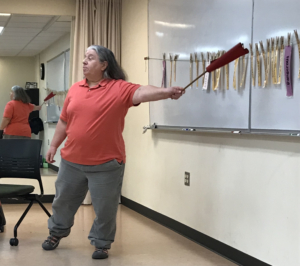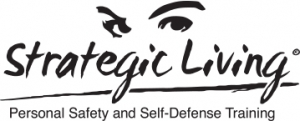Last month, February, was, among other designations, Dating Violence Awareness Month. I’ve heard a statistic that 80% of parents could not correctly identify potential warning signs that their teen was in an abusive relationship. It’s almost understandable, for many teens that time of life is marked by emotional volatility. Parents could — if they were not aware that for teens dating violence is quite common — easily believe that their child was just going through a phase. Or maybe they want to believe that dating violence happens to others, the less fortunate ones. Or maybe the parents know and like the abuser, and are not believing that person could be an abuser.
Oftimes teens themselves are reluctant to tell parents. They might fear they will not be believed, or they will be blamed for the abuse, or some of their newly-gained independence will be rescinded. All possible. Yet, overall, we do need for teens to have safe, supportive people in their lives.
For several years I was a guest lecturer for one of Seattle Central College’s Women’s Studies classes. Each October (Domestic Violence Awareness Month) I gave a self-defense presentation which included recognizing behaviors constituting abuse. Not just specific behaviors, but recognizing patterns of controlling and coercive behaviors. How these actions served to isolate the target from supportive family and trusted friends, limited the target’s choices in many areas, and erase the target’s sense of their own identity as a person.
I would hang up a clothesline (yes, one that could be used to hang up the wash) across the room. On that clothesline I put 4 tags: Annoying, Disrespectful, Dangerous, and Life-Threatening. Annoying meant that someone was poking one of your boundaries, it seemed pretty small even if noticeable, and you weren’t sure if you should speak up. Disrespectful would be a boundary poke on the Annoying level, but now you’re sure it was on purpose. Dangerous is a boundary violation that included a risk of harm. And Life-Threatening didn’t have to mean you would die, it meant your quality of life would significantly change for the worse, maybe for the rest of your life. These 4 tags are markers along a continuum of snippets of behavior.
I’d have a bunch of other tags, each with specific acts, the snippets of behavior . Here are a few, think about where you’d place them along the continuum:
. Here are a few, think about where you’d place them along the continuum:
- Puts me down in front of my friends
- Always keeps a hand on me
- Stares at me
- Is constantly calling and checking up on me
- Insists on paying for a date
- Says their jealousy is because they love me so much
- Tells others things I told them in confidence
- Tells me I’m stupid when I express an opinion
- Told others I slept with them
- Makes me feel afraid
- Stands too close
- Called me “crazy”
- Forced me to kiss them
- Gets upset if I want to spend time with family or other friends
- Keeps asking me out after I’ve said “no”
- Blames me for anything that goes awry
- Won’t let me sleep when they are angry
- Constantly criticizes my choice of clothing, movies, food
This is just a smattering of snippets. There are many, many more. The most important lesson gleaned from this exercise is that abuse may begin with “annoying” behavior, but repetition and escalation to disrespectful, dangerous, or beyond marks the pattern as abusive. Recognizing the beginning stages is key to dating violence awareness.
After class, I always had a couple of student approach me. Their stories were fundamentally the same. The had this significant other who engaged in so many of these behaviors, and told them outright that this was “normal” for a relationship, that they would never get better, that their expectations were ridiculous, that they were crazy. (BTW, these statements can also go on our continuum.) They were relieved to find out no, they were not “crazy” or had unreasonable expectations, that their experiences had a name and were defined as controlling and abusive.
I wondered why they did not learn that before entering college.
Many in my adult classes express chagrin that they too did not learn to recognize these behaviors earlier in life. Dating violence awareness, for quite a few people, gets learned later than they expected.
Maybe some parents don’t recognize the signs of abuse because they didn’t learn it, or have learned to accept that behavior as normal.
It’s never too late to learn that you don’t have to cater to manipulative and abusive people. And maybe we should learn these fact earlier.
Stay safe, live life.

